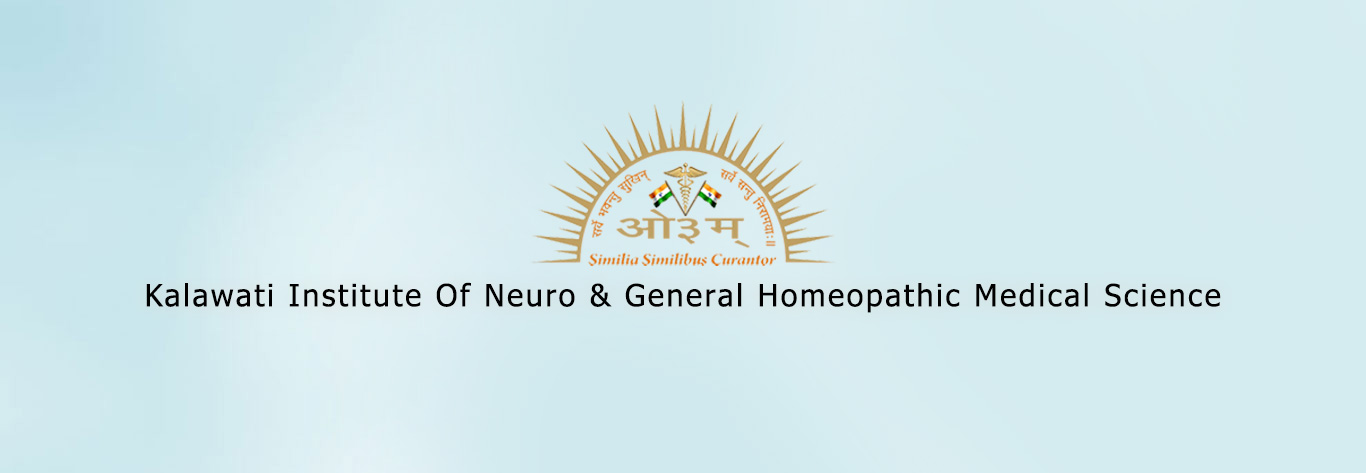Forgot your password?
Click Here to reset your password.
Forgot your password?
Click Here to reset your password.
Forgot your password?
Click Here to reset your password.

Cancer refers to any one of a large number of diseases characterized by the development of abnormal cells that divide uncontrollably and have the ability to infiltrate and destroy normal body tissue. Cancer often has the ability to spread throughout your body.
Cancer is the second-leading cause of death in the world. But survival rates are improving for many types of cancer, thanks to improvements in cancer screening and cancer treatment.
Signs and symptoms caused by cancer will vary depending on what part of the body is affected.
Some general signs and symptoms associated with, but not specific to, cancer, include:
Cancer is caused by changes (mutations) to the DNA within cells. The DNA inside a cell is packaged into a large number of individual genes, each of which contains a set of instructions telling the cell what functions to perform, as well as how to grow and divide. Errors in the instructions can cause the cell to stop its normal function and may allow a cell to become cancerous.
What do gene mutations do?
A gene mutation can instruct a healthy cell to:
These mutations are the most common ones found in cancer. But many other gene mutations can contribute to causing cancer.
What causes gene mutations?
Gene mutations can occur for several reasons, for instance:
Gene mutations occur frequently during normal cell growth. However, cells contain a mechanism that recognizes when a mistake occurs and repairs the mistake. Occasionally, a mistake is missed. This could cause a cell to become cancerous.
How do gene mutations interact with each other?
The gene mutations you're born with and those that you acquire throughout your life work together to cause cancer.
For instance, if you've inherited a genetic mutation that predisposes you to cancer, that doesn't mean you're certain to get cancer. Instead, you may need one or more other gene mutations to cause cancer. Your inherited gene mutation could make you more likely than other people to develop cancer when exposed to a certain cancer-causing substance.
It's not clear just how many mutations must accumulate for cancer to form. It's likely that this varies among cancer types.
While doctors have an idea of what may increase your risk of cancer, the majority of cancers occur in people who don't have any known risk factors. Factors known to increase your risk of cancer include:
Your age
Cancer can take decades to develop. That's why most people diagnosed with cancer are 65 or older. While it's more common in older adults, cancer isn't exclusively an adult disease — cancer can be diagnosed at any age.
Your habits
Certain lifestyle choices are known to increase your risk of cancer. Smoking, drinking more than one alcoholic drink a day (for women of all ages and men older than age 65) or two drinks a day (for men age 65 and younger), excessive exposure to the sun or frequent blistering sunburns, being obese, and having unsafe sex can contribute to cancer.
You can change these habits to lower your risk of cancer — though some habits are easier to change than others.
Your family history
Only a small portion of cancers are due to an inherited condition. If cancer is common in your family, it's possible that mutations are being passed from one generation to the next. You might be a candidate for genetic testing to see whether you have inherited mutations that might increase your risk of certain cancers. Keep in mind that having an inherited genetic mutation doesn't necessarily mean you'll get cancer.
Your health conditions
Some chronic health conditions, such as ulcerative colitis, can markedly increase your risk of developing certain cancers. Talk to your doctor about your risk.
Your environment
The environment around you may contain harmful chemicals that can increase your risk of cancer. Even if you don't smoke, you might inhale secondhand smoke if you go where people are smoking or if you live with someone who smokes. Chemicals in your home or workplace, such as asbestos and benzene, also are associated with an increased risk of cancer.
Cancer and its treatment can cause several complications, including:

 Consultation
Consultation Book An Appointment
Book An Appointment Courier your medicine
Courier your medicine Give us a Call
Give us a Call